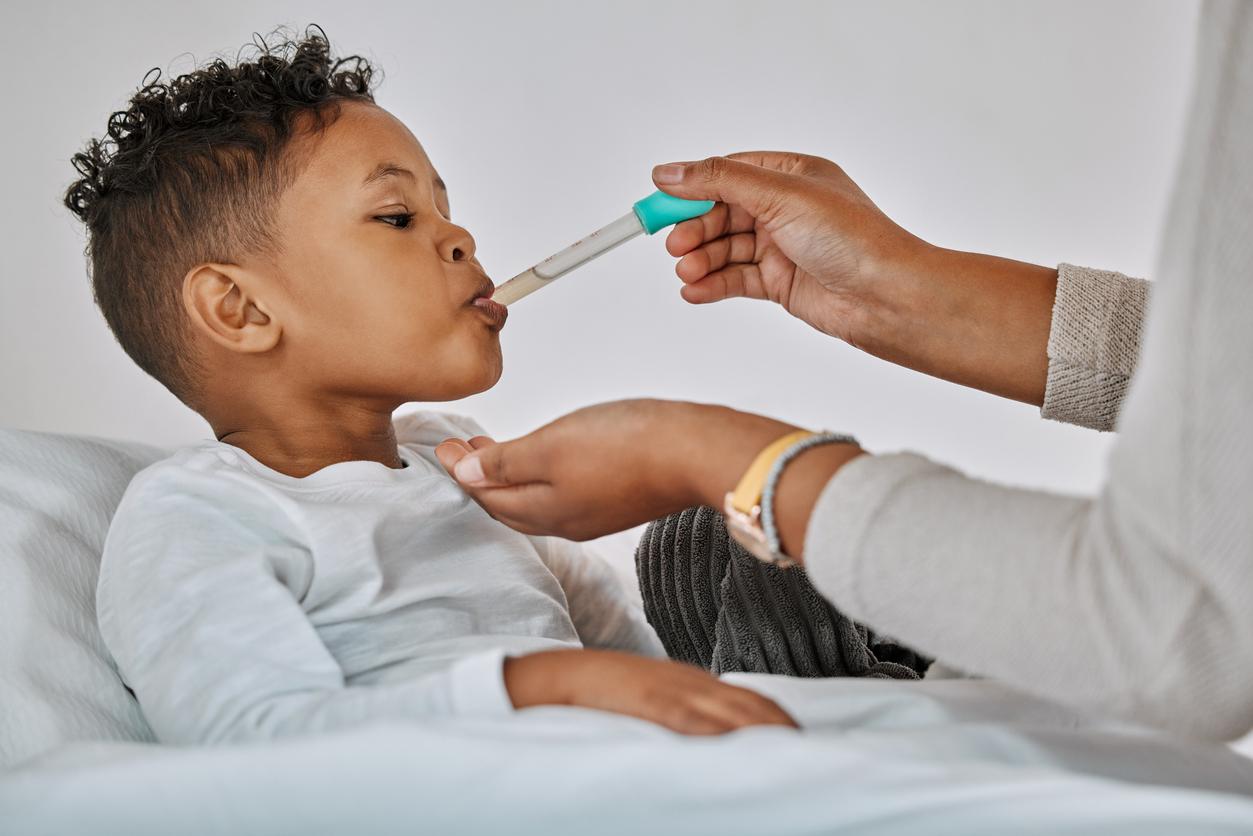
A single-center study of children hospitalized with acute respiratory infections found that children in certain racial and ethnic groups were more likely to receive broad-spectrum antibiotics than White children, researchers reported late last week in the Journal of the Pediatric Infectious Diseases Society.
For the retrospective cohort study, researchers from the University of Washington, Seattle Children's Research Institute, and Seattle Children's Hospital analyzed all patients aged 18 years and younger hospitalized with respiratory illnesses at Seattle Children's Hospital from October 2020 to April 2023. While studies conducted in pediatric emergency department settings have identified racial disparities in antibiotic prescribing, prescribing disparities in pediatric inpatient settings have not been well documented. The primary outcome of the study was any antibiotic use and any use of broad-spectrum antibiotics.
Of the 1,779 patients included in the analysis, roughly half received at least one dose of a systemic antibiotic, with no statistically significant difference in antibiotic receipt by racial or ethnic group. But in an adjusted analysis that excluded children with conditions that generally warrant antibiotics, Asian children were nearly five times as likely (adjusted odds ratio [aOR], 4.92; 95% confidence interval [CI], 1.35 to 17.9) to receive broad-spectrum antibiotics when compared with non-Hispanic White children.
When the analysis was further adjusted to remove intensive care unit admission and insurance, Asian children (aOR, 1.63; 95% CI, 0.94 to 2.85) remained more likely than non-Hispanic White children to receive broad-spectrum antibiotics, along with Hispanic (aOR, 1.97; 95% 1.24 to 3.13), non-Hispanic Black (aOR, 2.49; 95% CI, 1.16 to 5.36), and unknown/other (aOR, 1.77; 95% CI, 1.08 to 3.13) children.
No reason for disparities in prescribing
The authors say the findings are surprising, since studies conducted in ambulatory settings have generally found that Black and Hispanic children are less likely to receive antibiotics for viral respiratory tract infections and bronchitis than White children. Furthermore, there's no biological or medical reason for differences across racial and ethnic groups.
"Further research is needed to identify the factors driving these disparities and to develop strategies that ensure equitable and effective antibiotic utilization practices by pediatric providers," they wrote.
















